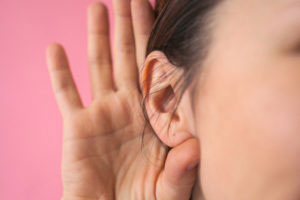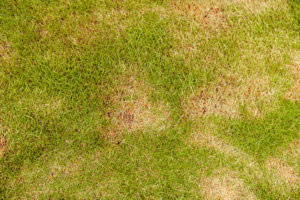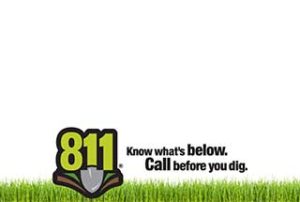Natural Gas Tips and Safety
Natural gas is a safe and reliable source of fuel.
Dakota Natural Gas continuously monitors our pipeline system so leaks and service interruptions rarely occur. Our service team is on call 24 hours a day, 7 days a week to respond when the occasional leak or service hiccup disrupts your day.
It’s important that you know the signs of a natural gas leak in the rare event that one does occur. If left unaddressed, a natural gas leak can become a natural gas emergency. Here’s what to look for and what to do.

What is that Odor?!
Natural gas that is delivered to your home has a distinct rotten egg odor. This unmistakable odor is present in the smallest of gas leaks. If something sulfurous stinks around your range, dryer, furnace, fireplace, gas meter, or other gas appliance, it may be a gas leak. Leave the area and give Dakota Natural Gas a call at 888.933.9743 to get it fixed.

I Hear a Leak!
Hearing a hiss or a whistle around your meter or gas appliance? It could be a natural gas leak. Hissing and whistling are the sounds escaped gas makes. If you hear a hiss or whistle around your gas appliance or meter, leave the area and give Dakota Natural Gas a call at 888.933.9743 to get it fixed.

I Spot a Leak!
Natural gas is colorless, but that doesn’t mean it can’t leave a mark. Gas leaks occurring in a buried pipeline often leave bare spots in the lawn above. A severe leak could also present as blowing dirt or water in the air. If you have unexplained dead grass or vegetation around your gas lines, give Dakota Natural Gas a call at 888.933.9743 to get it fixed.
Natural Gas Do's
Here are a few tips for staying safe around natural gas.
- DO install a gas or carbon monoxide detector near the living and sleeping areas of your home.
- DO securely cap any unused gas lines in your home (call a qualified plumbing and heating contractor for help).
- DO keep paints, papers, aerosol sprays, and other flammable substances away from gas appliances.
- DO maintain vent hoods, pipes, and flues on your gas appliances to make sure they aren’t blocked, cracked, or corroded.
- DO keep children and pets away from utility equipment, including gas meters.
- DO keep your gas meter free of ice and snow in winter.
Natural Gas Dont's
Here are a few natural gas no-nos to avoid.
- DON’T store or stack boxes, laundry, or other materials around the base of a gas appliance.
- DON’T let kids play on or around gas equipment, including meters and pipes.
- DON’T keep towels and potholders or wear long sleeves near the open flame of a gas cooktop.
- DON’T use a gas oven or range to heat a room.
- DON’T disguise transformers or meters with paint or landscaping, as a utility worker needs to find and work around the meters quickly in an emergency.
- DON’T tamper with an electric or gas meter. Not only is it dangerous, it’s also illegal.
Natural Gas Facts
New to natural gas? Get the facts.
- Natural gas is odorless, colorless, and tasteless made of mainly methane.
- Your gas provider adds a rotten egg odor to the natural gas that is piped to your home so you can detect a leak.
- Natural gas explosions are very rare, as the proportion of natural gas to oxygen must be exactly right for a spark to set it off. By addressing leaks early, you can prevent gas explosions.
- Natural gas is drilled from deep under the earth. Gas providers use pipelines to deliver the gas from the well to your home.
Get in touch with the natural gas safety team at Dakota Natural Gas to get your safety questions answered. If you feel you have a natural gas emergency, call us immediately at 888.933.9743.
North Dakota One Call
Are you utilizing the North Dakota One Call or 811 system? You must call in locates at least two business days prior to doing any digging on your property. By following this important step, you will prevent service interruption for both you and your neighbors.

Safety Tip
As you are spring cleaning, take a few minutes to clean around your furnace and water heater! Never store rags, boxes, newspaper, chemicals or paint cans around these appliances.
